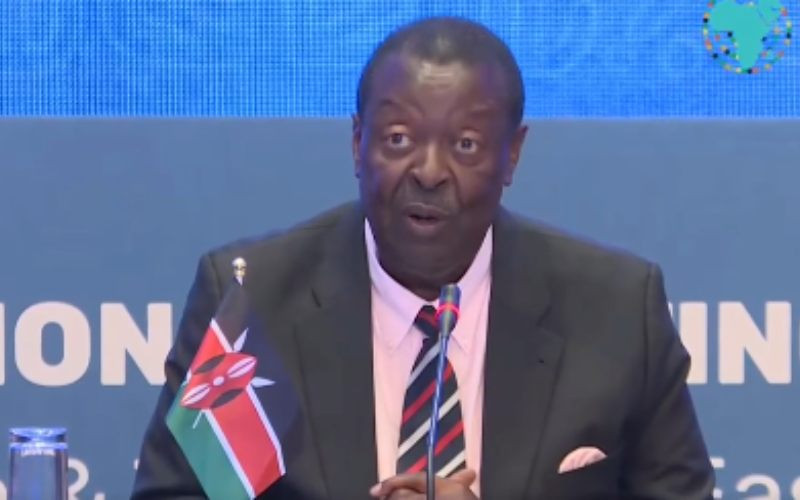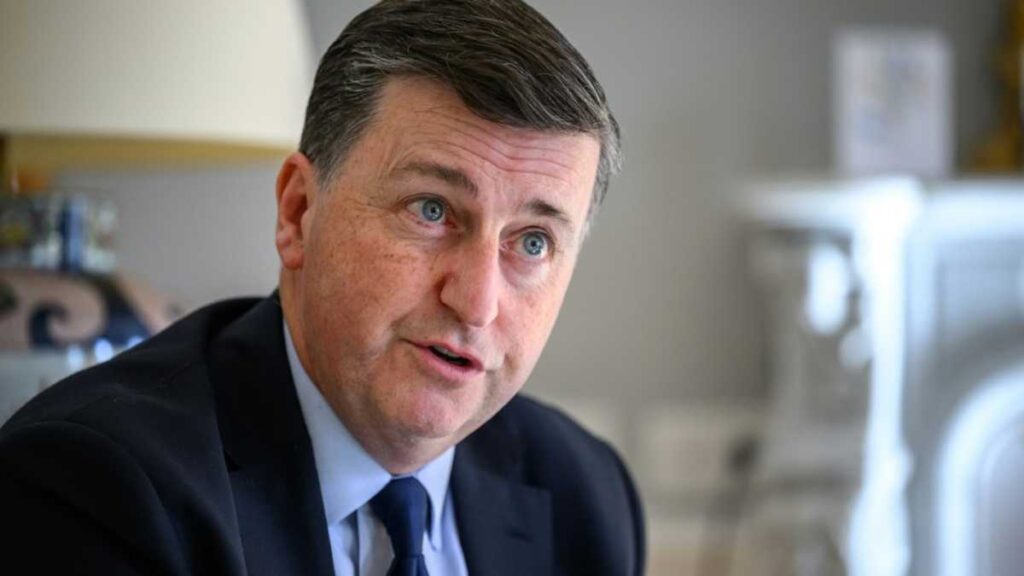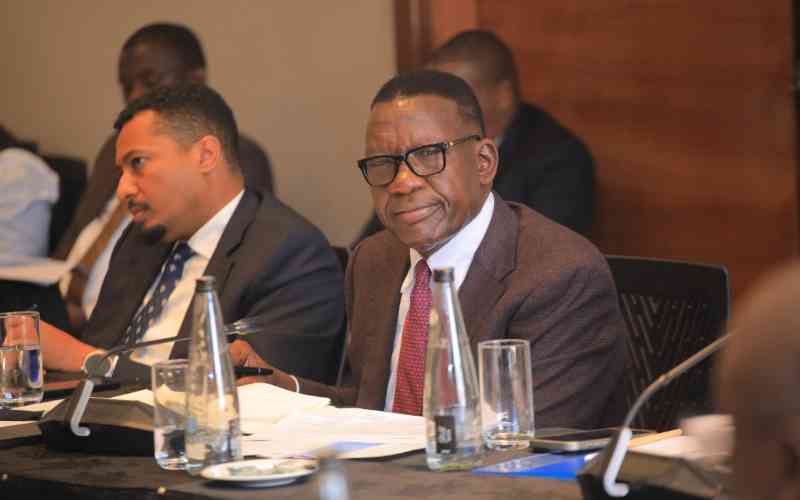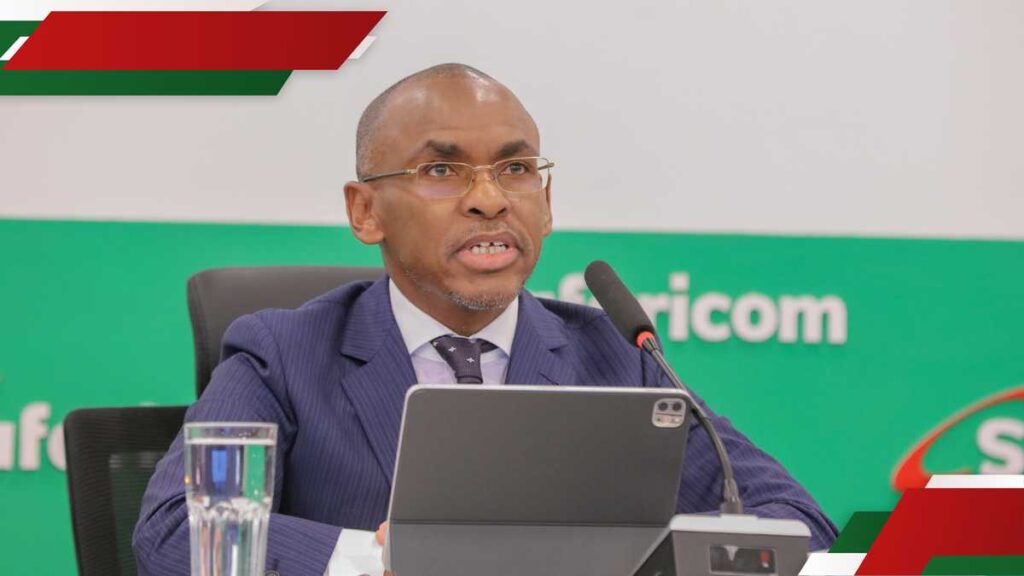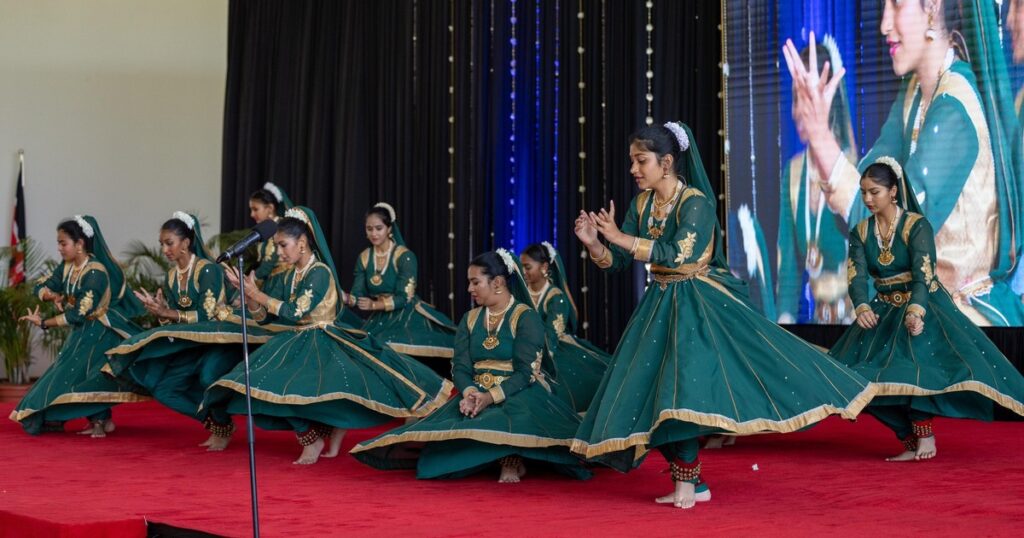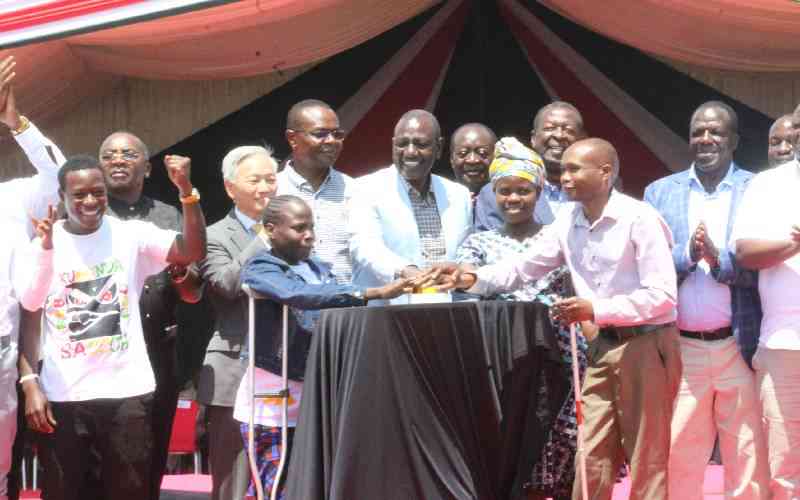Prime Cabinet Secretary Musalia Mudavadi has disclosed that the government requires Sh7 billion to conduct public participation on pending legislative bills.
He disclosed while citing challenges the government faces over public participation, which is a constitutional requirement.
Speaking at the Open Government Partnership Forum in Nairobi, Mudavadi highlighted that there are currently 700 pending pieces of legislation.
He explained that conducting public participation for each legislative process would cost taxpayers approximately Sh10 million.
“Each ministry was asked to provide its priorities, especially regarding the legislative agenda, and we have a record of over 700 pieces of legislation that either require amendments or new legislation. With that many, even the most efficient Parliament or county assembly would struggle to determine how quickly they can process all 700 pieces of legislation,” Mudavadi stated.
He continued: “I asked them, ‘What do you think it would cost?’ The lowest estimate was Sh10 million for basic public participation. There are also some bills whose nature requires more extensive public participation, with estimates ranging from Sh50 million to Sh100 million.”
Mudavadi, who also serves as the Foreign Affairs Cabinet Secretary, said the government was torn between prioritising public participation funding or using taxpayer money to provide medicine in hospitals, develop infrastructure, and meet other essential needs.
“Our Constitution has imposed this process on us, but who bears the cost? It’s the taxpayer, the ordinary citizen, who needs roads and medical care. Instead of receiving healthcare, they see politicians in their villages conducting public participation sessions,” he noted.
However, public policy expert Leonard Khafafa emphasizes the importance of public participation, reiterating that it is a constitutional requirement.
He argues that the financial implications of conducting public participation are minimal compared to the risk of having essential legislation overturned by the courts.
“We have seen cases where legislation has been declared unconstitutional because it was not subjected to public participation. A notable example is the Finance Act of 2023, which had to be subsequently regularized through public participation. Based on past experiences, these are costly exercises that require significant sums,” Khafafa stated.
Political analyst Dismas Mokua noted that despite the high costs, public participation remains a fundamental requirement in the legislative process.
He argues that state officers should incorporate technology to enhance the transparency, efficiency, and cost-effectiveness of public participation efforts.
“National government public participation must engage targeted stakeholders who can add value to the process. It must also be sensitive to citizens, partners, and stakeholders who are thought and opinion leaders, as well as subject matter experts,” said Mokua.
He has urged the Auditor General to assess the effectiveness and efficiency of public participation from both qualitative and quantitative perspectives.
Stay informed. Subscribe to our newsletter
Economist Alexander Riithi from the Institute of Social Accountability (TISA) believes Sh7 billion is an excessive amount to be allocated solely for public participation.
“That is a substantial sum. If the scope of public participation is unclear, it may appear daunting. They need to clarify their objectives and the methods to be employed because Sh7 billion could build two or three level-six hospitals. Spending that much on public participation offers no real value,” Riithi stated.
According to Riithi, the government can conduct more cost-effective public participation and involve citizens in decision-making if MPs pass the Public Participation Bill of 2024.
The bill aims to establish a legal framework for public participation at both the national and county government levels.
National Assembly Majority Leader and Kikuyu MP Kimani Ichung’wah is sponsoring the Public Participation Bill 2024, which seeks to provide a framework for effective public participation.
The bill outlines guiding principles for institutions conducting public participation and designates responsible authorities to develop specific guidelines for each institution.
In September 2024, Clerk of the National Assembly Samuel Njoroge formally handed over the Public Participation Bill to Attorney General Dorcas Oduor.
At that time, Oduor described the handover as a significant step toward institutionalising public participation as an integral part of governance in Kenya.
In recent years, many new laws passed in Parliament have faced significant challenges in court, with judges expressing concerns over ineffective or flawed public participation processes.








